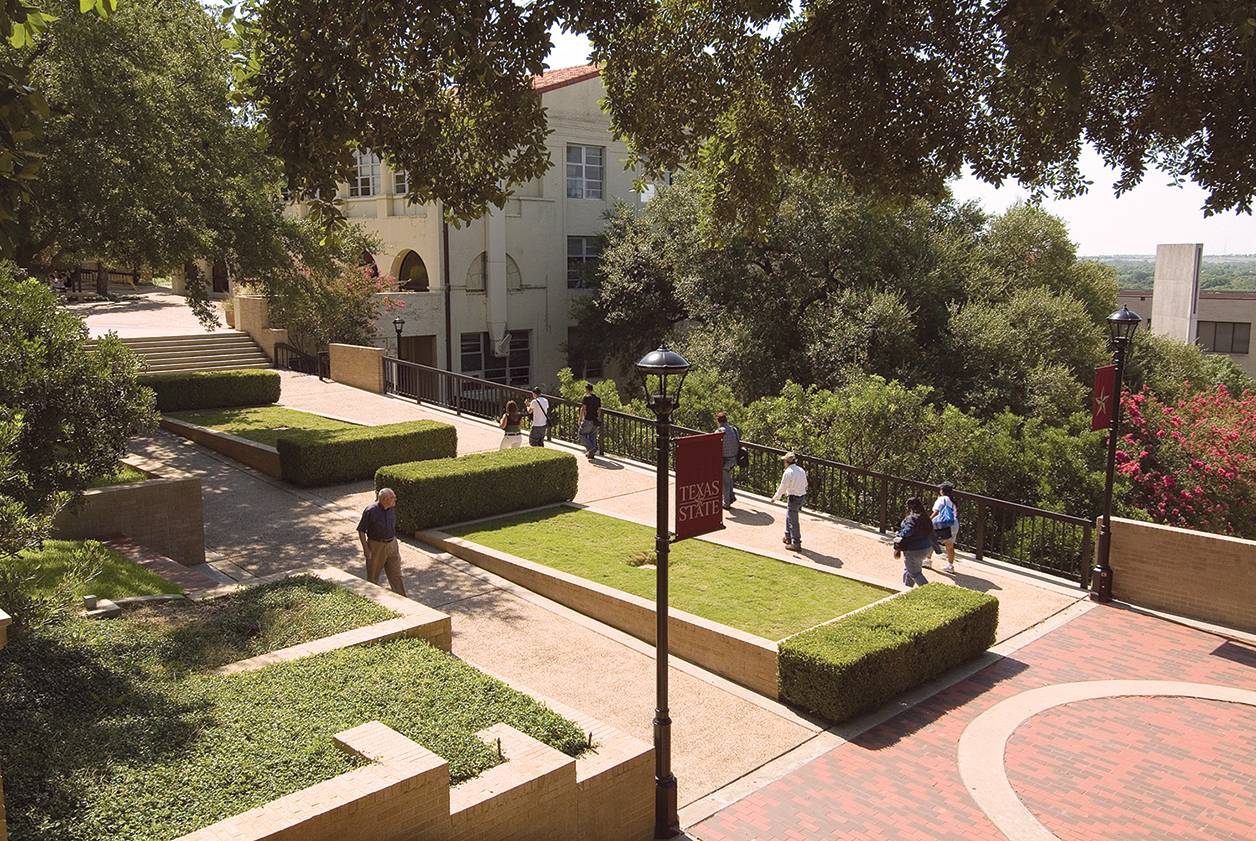Secondary Education (Talent Development) (M.A.)
M.A. Secondary Education (Talent Development)

Program Overview
The M.A. degree program in Secondary Education with a concentration in Talent Development equip students with skills and conceptual knowledge for advanced teaching, mentoring, leadership roles in classrooms, educational systems, or communities. Students may choose one of two emphasis options: (a) fostering educator and student transformative learning, creativity, and talent, or (b) teaching and transforming advanced and gifted education. Graduates of these versatile degree programs are well-positioned for an array of job opportunities such as mentoring program leader; teacher of advanced, gifted, and honors classes; instructional coordinator; talent development coach; classroom teacher with enhanced creativity skills; and community-based education specialist. The programs also provide a foundation for doctoral studies in education.
Course Work
Students may pursue the 30-credit M.A. (thesis option) where students explore learning, creativity, talent development, research-informed practices, and the transformation of practices, possibilities, policies, and assumptions. Students critically consider big ideas while building useful skills for fostering flourishing and for meaningfully addressing the educational complexities of their current or future work and today’s educational issues.
The course options and electives that are integrated into these degree programs offer valuable opportunities for additional depth or breadth according to students’ goals and interests.
| Degree | Hours | Thesis | Location |
|---|---|---|---|
Degree M.A. | Hours 30 hours | Thesis Thesis | Location San Marcos |
Program Details
This degree program does not require teacher licensure or prior courses in specific areas for admission.
Program Mission
The Talent Development graduate program co-creates and shares knowledge related to creativity, talent, and transformation. The M.A. program prepare graduate students for equitably fostering flourishing and for advanced careers related to (a) fostering student and educator talent development, creativity, and transformative learning and (b) teaching and transforming advanced and gifted education.
Career Options
Graduates are well-positioned for job opportunities such as mentoring program leader; teacher of advanced, gifted, and honors classes; instructional coordinator; classroom teacher with enhanced creativity skills; talent development coach; community-based education specialist; and undergraduate-level course instructor. These programs also provide a foundation for doctoral studies in education.
Program Faculty
Faculty bring valuable and diverse experiences, perspectives, and expertise areas to their teaching. Faculty research interests include: transformative teaching and learning, creativity, educational equity, educational policy, philosophical issues in education, and gifted education conceptual frameworks and assumptions.
Contact us for general questions about your application, funding opportunities, and more. If you have specific questions after reviewing the program details, contact the program's graduate advisor.
Graduate Advisor
Dr. Susan Waite
sw22@txstate.edu
512.245.3084
Education Building (ED), Room 3016

Apply Now Already know that Texas State is right for you?
Application Deadlines
| Deadlines | U.S. Citizen | International |
|---|---|---|
Deadlines Fall-Priority | U.S. Citizen February 1 | International February 1 |
Deadlines Fall-Standard | U.S. Citizen June 15 (*Flexible) | International June 1 |
Deadlines Spring | U.S. Citizen October 15 (*Flexible) | International October 1 |
Deadlines Summer I | U.S. Citizen April 15 (*Flexible) | International March 15 |
Deadlines Summer II | U.S. Citizen June 1 (*Flexible) | International No Admission |
*This program’s deadline is flexible for those not requiring an F/J visa. A flexible deadline means applications received after the standard deadline may be reviewed on a first-come, first-served basis with no guarantees for admission consideration.
|
|
Funding Information Applications must be complete by the priority deadline to be considered for certain types of funding. |
|
|
Decision Timeline This program reviews applications on a rolling basis. |
Admission Requirements
The items required for admission consideration are listed below. Additional information for applicants with international credentials can be found on our international web pages.
-
Application
- Completed online application
Review important information about the online application.
-
Application Fee
- $55 nonrefundable application fee
OR - $90 nonrefundable application fee for applications with international credentials
Review important information about application fees.
- $55 nonrefundable application fee
-
Transcripts & GPA
- baccalaureate degree from a regionally accredited university (Non-U.S. degrees must be equivalent to a four-year U.S. Bachelor’s degree. In most cases, three-year degrees are not considered. Visit our International FAQs for more information.)
- a copy of an official transcript from each institution where course credit was granted
- a 2.75 overall GPA or a 2.75 GPA in your last 60 hours of undergraduate course work (plus any completed graduate courses)
-
Test Scores
GRE
- GRE not required
Approved English Proficiency Exam Scores
Applicants are required to submit an approved English proficiency exam score that meets the minimum program requirements below unless they have earned a bachelor’s degree or higher from a regionally accredited U.S. institution or the equivalent from a country on our exempt countries list.
- official TOEFL iBT scores required with a 78 overall
- official PTE scores required with a 52 overall
- official IELTS (academic) scores required with a 6.5 overall and
- minimum individual module scores of 6.0
- official Duolingo Scores required with a 110 overall
- official TOEFL Essentials scores required with an 8.5 overall
This program does not offer admission if the scores above are not met.
Review important information about official test scores.
-
Documents
- Resume/CV, including contact information for two references who are familiar with your scholarly work and/or relevant work experience
- Statement of purpose (one to two double-spaced pages) that includes your rationale for pursuing graduate study in this particular program
Review important information about documents.